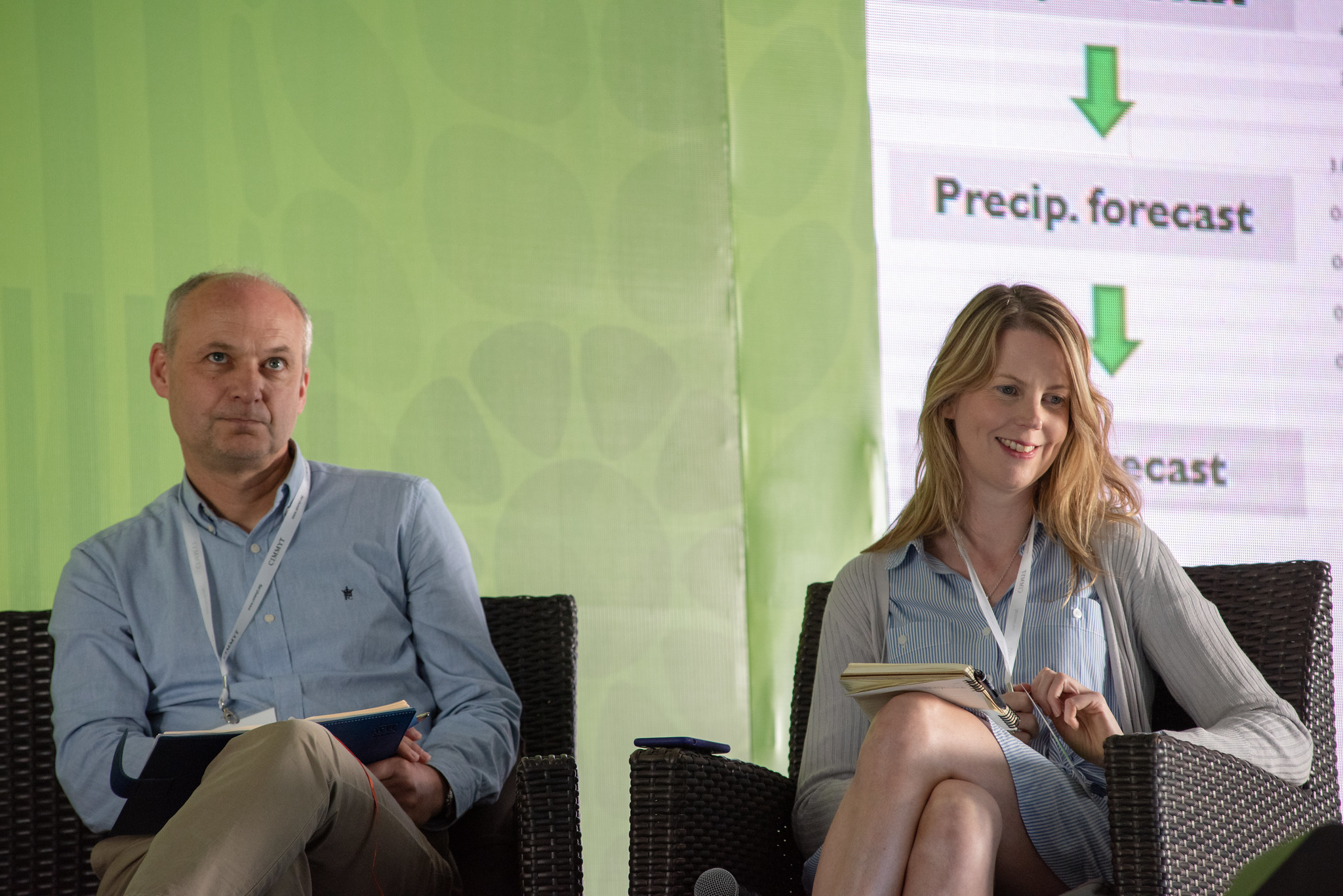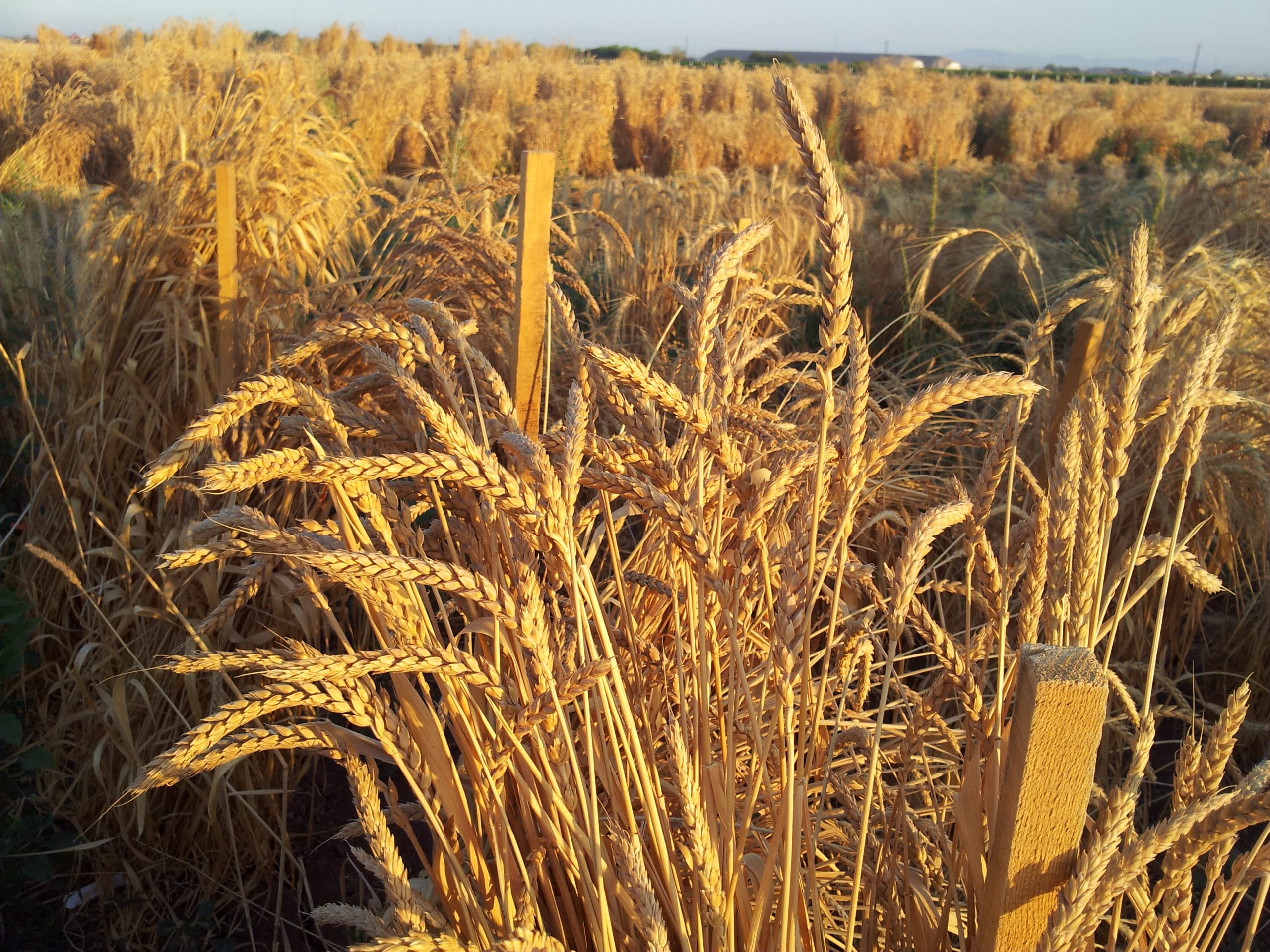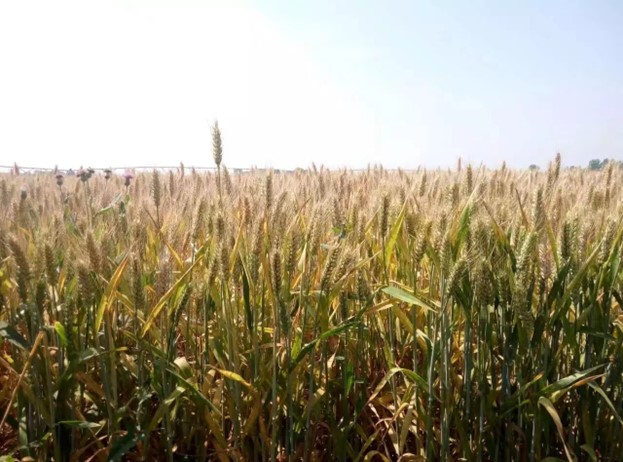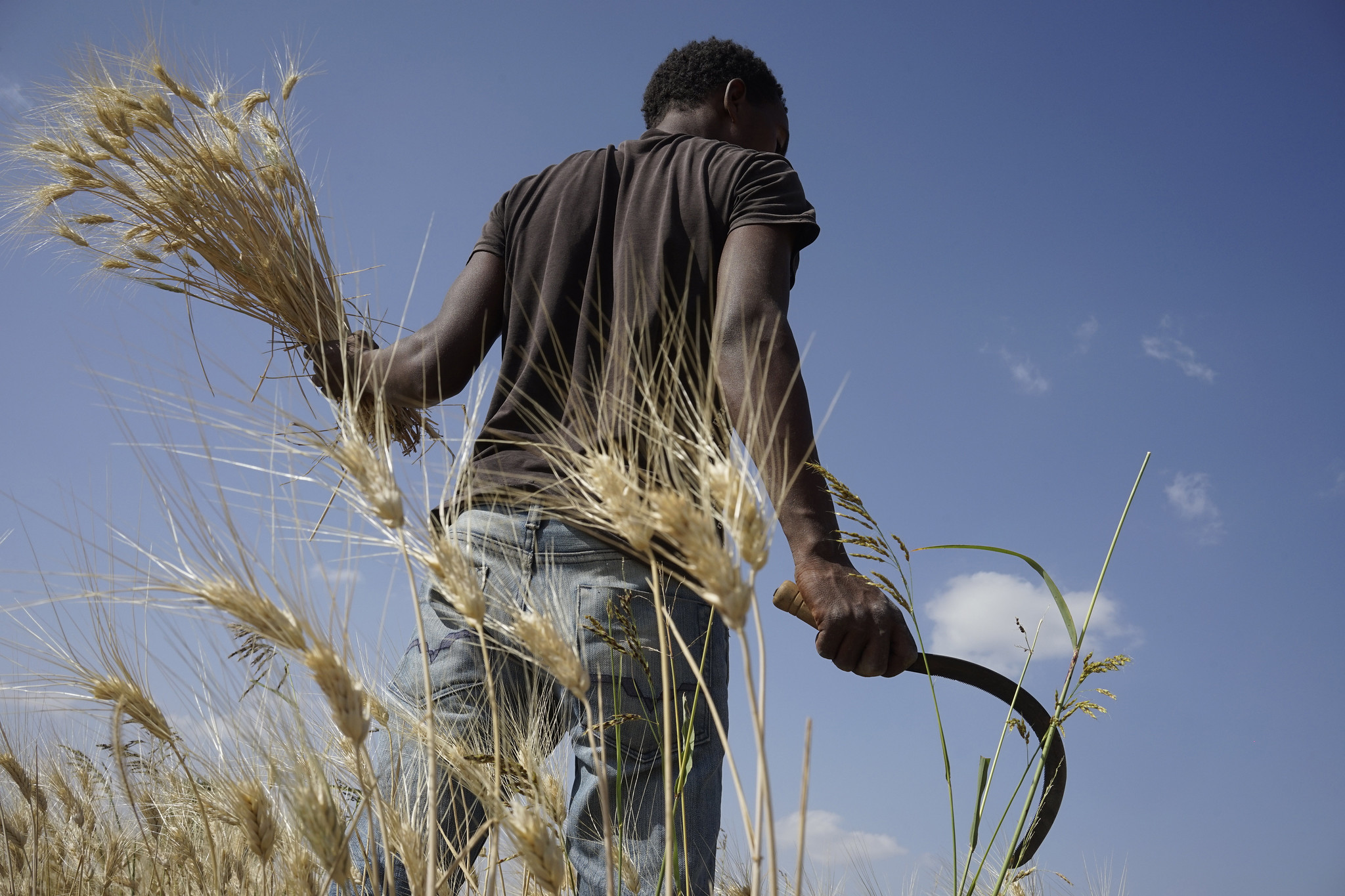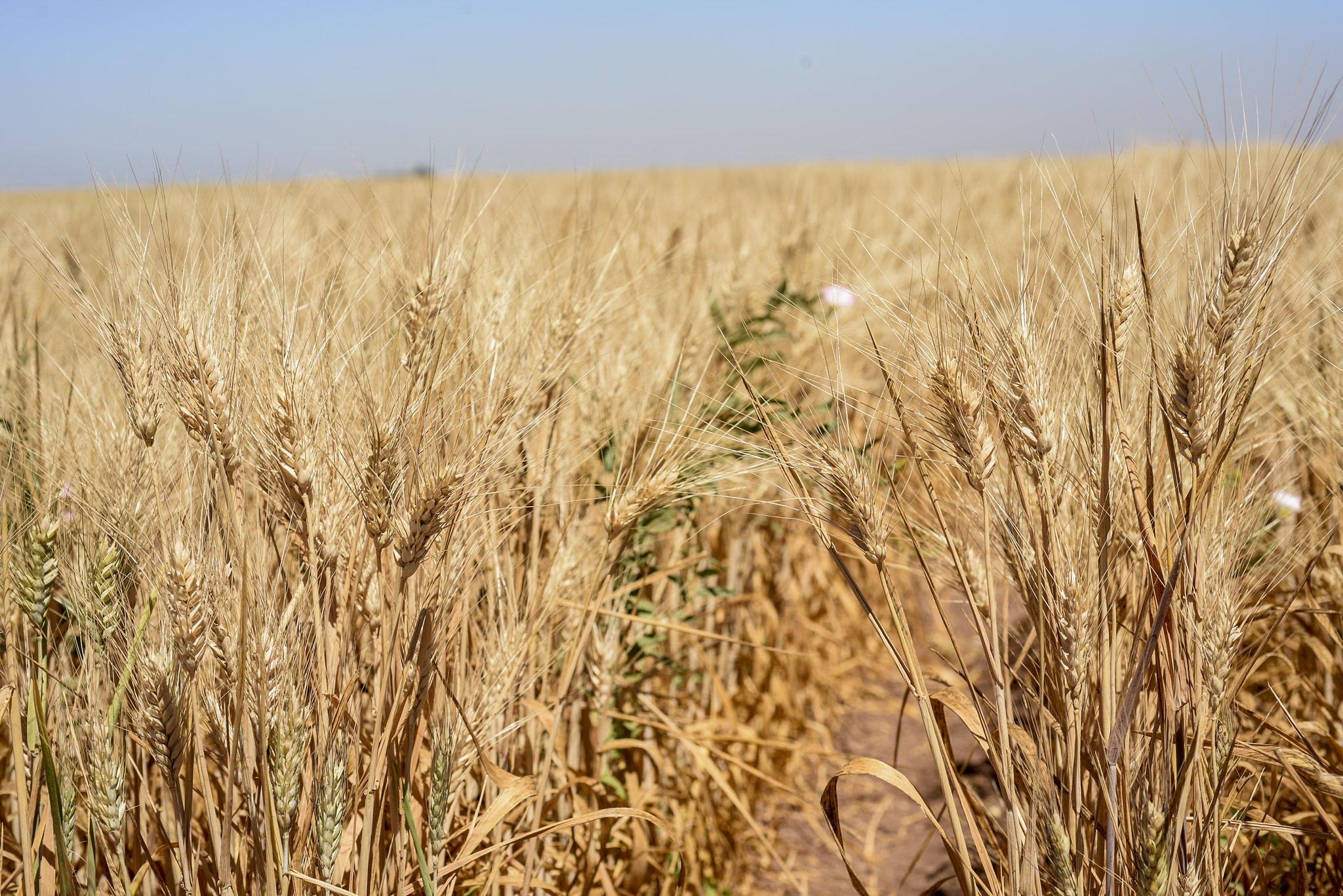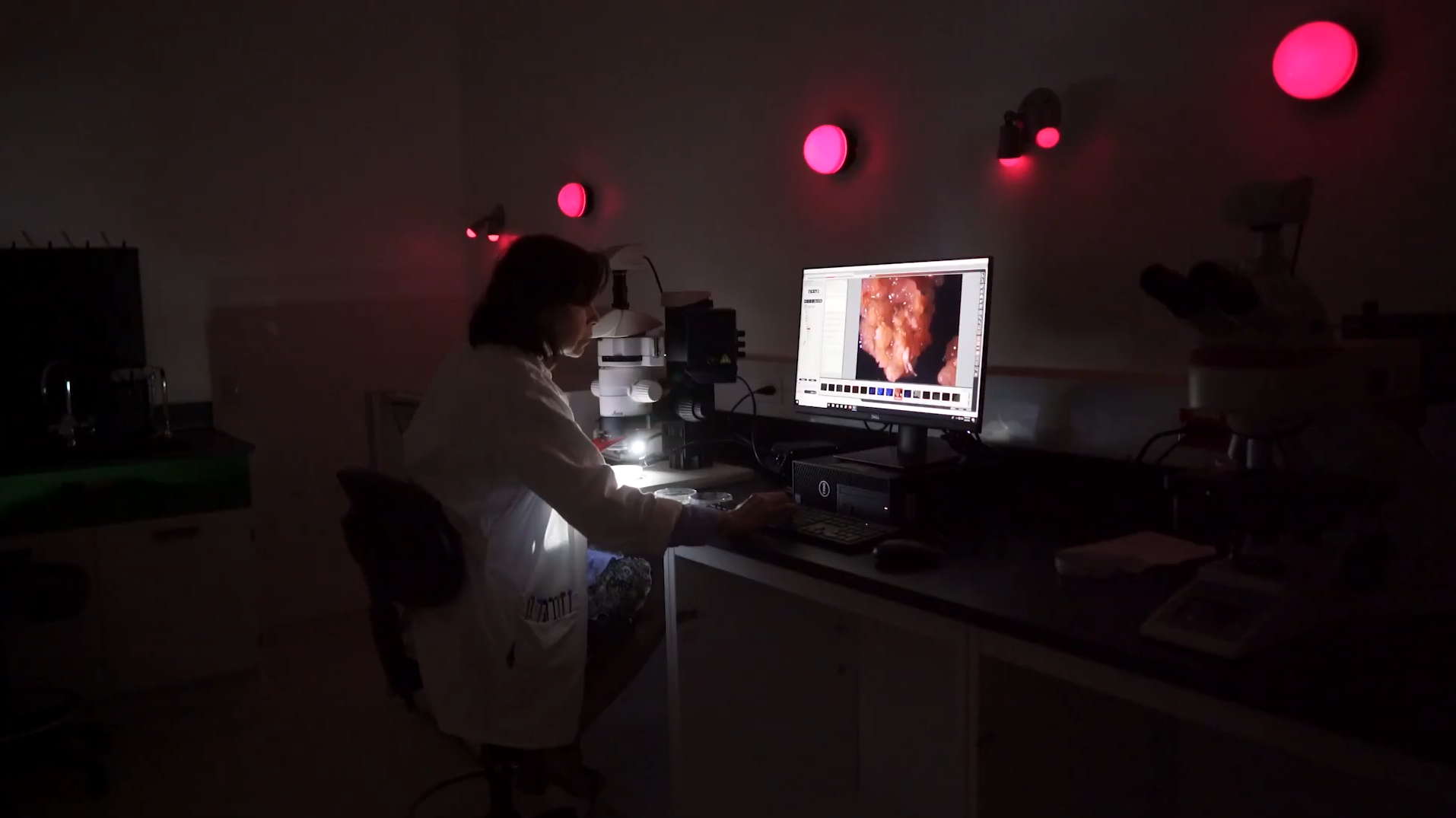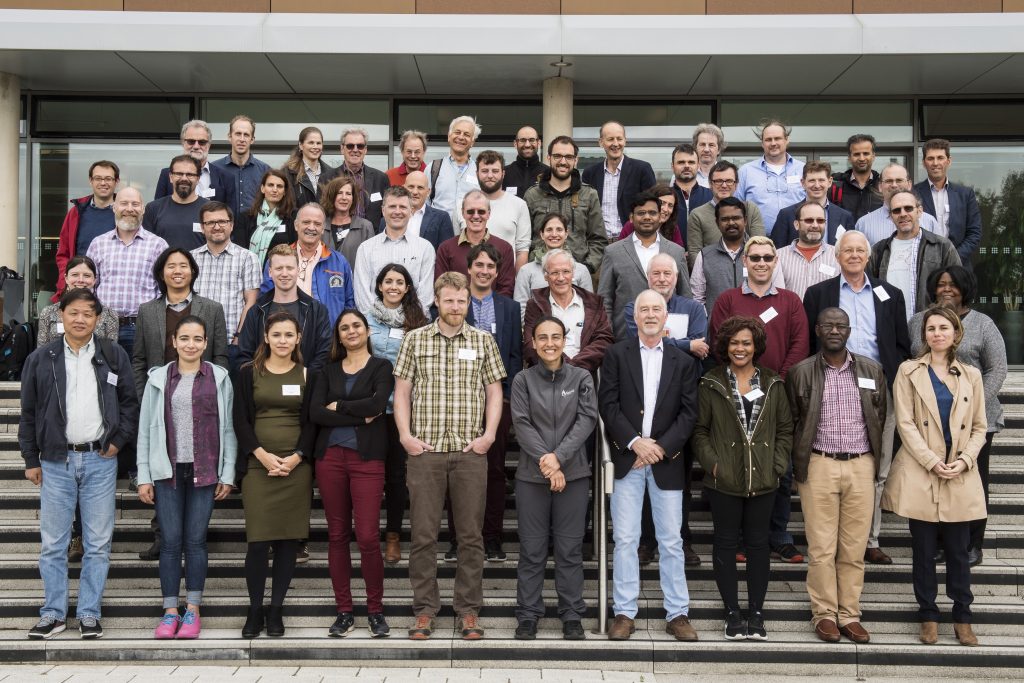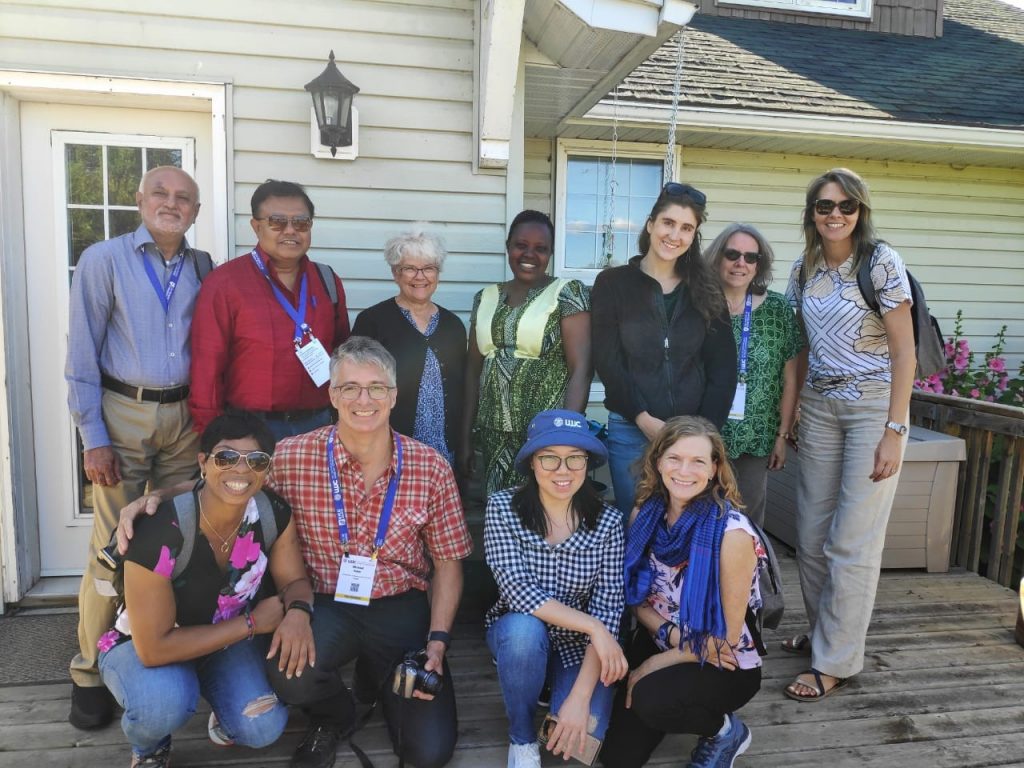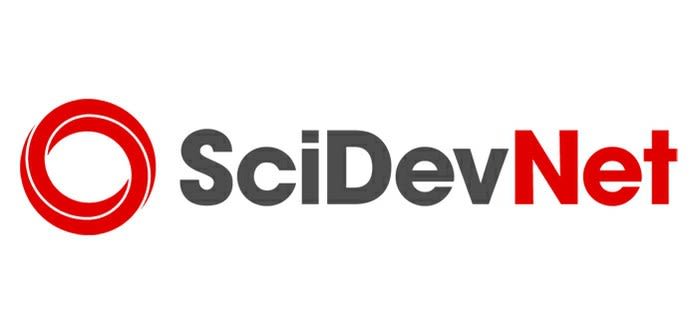The Heat and Drought Wheat Improvement Consortium (HeDWIC) is a global research and capacity building network that takes wheat research from the theoretical to the practical by incorporating the best science into real-life breeding scenarios.
By harnessing the latest technologies in crop physiology, genetics and breeding, HeDWIC makes it easier for wheat scientists to work together on solutions to the complex problems of heat and drought adaptation, contributing to the development of new, climate-resilient wheat varieties for farmers. HeDWIC-associated scientists examine current breeding material and collections held in germplasm banks and apply genomic and phenomic tools to identify novel diversity for heat, drought adaptative traits. This results in novel pre-bred lines in terms of genetic diversity for key stress-adaptive traits suitable for use in breeding programs and/or re-selection as cultivars.
The consortium delivers these lines to public and private wheat programs worldwide via the International Wheat Improvement Network (IWIN) — coordinated for more than half a century by the International Maize and Wheat Improvement Center (CIMMYT) — as international public goods whose global impacts are well documented. Through PhD sponsorships and other opportunities for involvement in research, HeDWIC also provides hands-on training to young scientists, preparing a new generation of crop experts to tackle the pressing issues of crop adaptation under future climate scenarios.
HeDWIC adds value to developing more climate-resilient wheat varieties by:
- Facilitating global coordination of wheat research related to heat and drought stress in partnership with the Wheat Initiative.
- Developing research and breeding technologies in response to the priorities of stakeholders: researchers, breeders, farmers, seed companies, national programs, and funding organizations.
- Connecting geographically and agro-climatically diverse sites for rigorous testing of promising concepts.
- Curating data resources for use by the global wheat research community.
- Accelerating the deployment of new knowledge and strategies for developing more climate resilient wheat.
- Preparing a new generation of promising young scientists from climate-affected regions to tackle crop improvement challenges faced by their own countries.
- Building additional scientific capacity of wheat researchers in a coordinated fashion that enables a faster response to productivity threats associated with climate change.
- Enabling farmers to adapt to wheat production in a hotter and drier climate faster due to the coordinated effort and synergy lent by HeDWIC.
HeDWIC is directly funded by the Foundation for Food and Agriculture Research (FFAR) and is supported by in-kind contributions from IWIN, the Bill & Melinda Gates Foundation/UK Foreign, Commonwealth and Development Office (FCDO)-funded Accelerating Genetic Gains in Maize and Wheat for Improved Livelihoods (AGG) project, the CGIAR Research Program on Wheat (WHEAT), the International Wheat Yield Partnership, the Wheat Initiative’s AHEAD, and many international partners who support research and capacity building activities through ongoing collaboration.
It also builds on decades of breeding and collaborative research under abiotic stress coordinated by CIMMYT, with support from agencies including Mexico’s Secretariat of Agriculture and Rural Development (SADER), the CGIAR Trust Fund —in particular the Australian Centre for International Agricultural Research (ACIAR), the UK Foreign, Commonwealth and Development Office (FCDO), and the US Agency for International Development (USAID) — Australia’s Grains Research Development Corporation (GRDC), Germany’s Ministry of Agriculture (BMEL), the Bill & Melinda Gates Foundation, the US Department of Agriculture (USDA), and others.

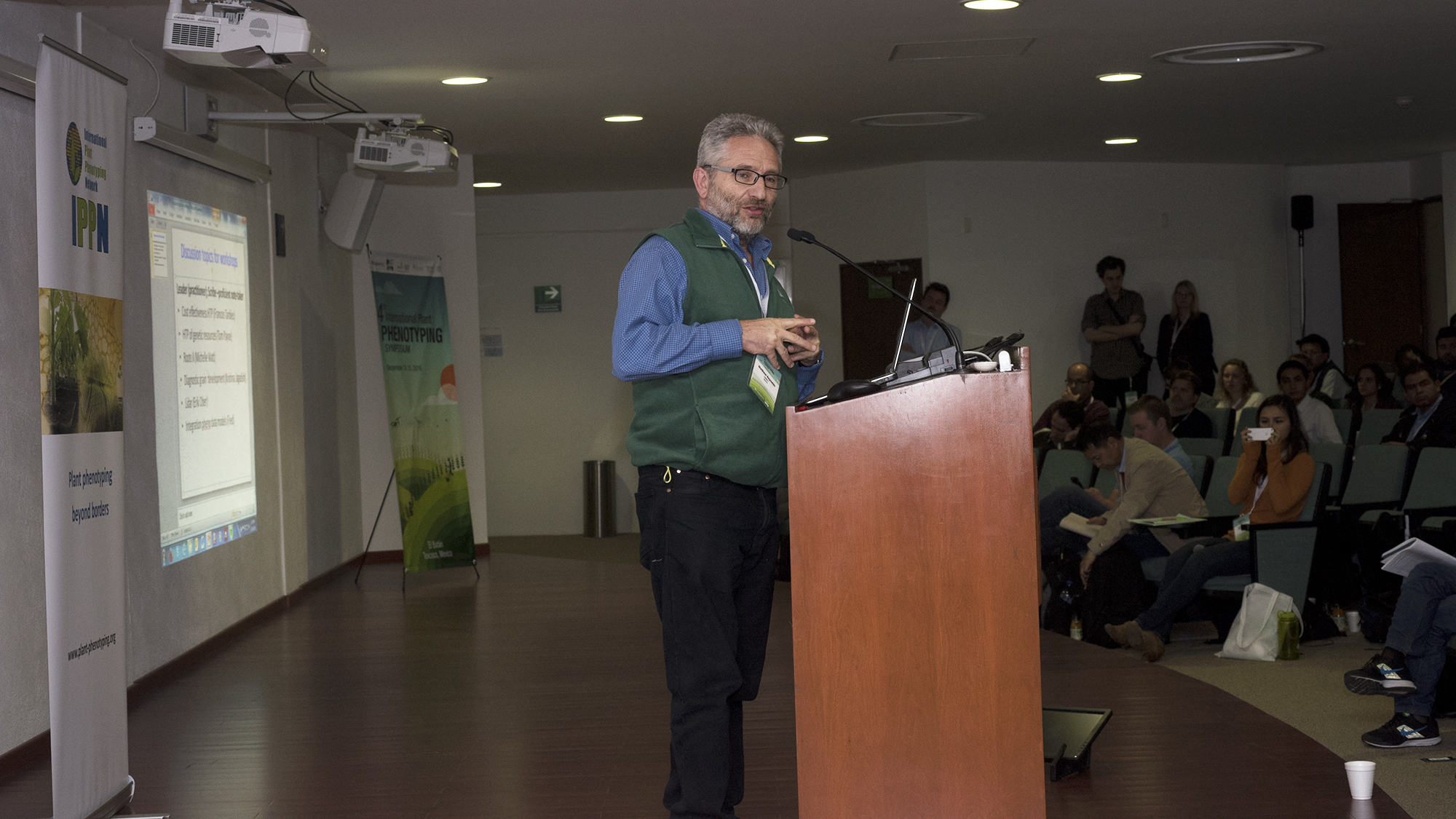
 Climate adaptation and mitigation
Climate adaptation and mitigation 